Teacher Training Interview Questions and Answers
Teacher Training Interview Questions for PGCE, or Apprenticeship Routes.
Having both conducted and supported students through the initial PGCE interviews for Schools Direct and then the Apprenticeship route I wanted to share this post to support you on your teaching journey. The teacher training interview is a crucial step in securing a place on a teacher training program.
During the interview, the panel aims to assess your suitability for teaching and life as a trainee teacher. Typically, interviews last 20-30 minutes and include a combination of competency, scenario, and knowledge-based questions. Thorough preparation and practice are key to performing your best on the day. This article provides an overview of the teacher training interview, including how to prepare, what to expect, and sample questions with model answers. Even though there is a current shortage of teachers and applicants the interviewers still want to ensure you will be successful once on the course.
Preparing for the Interview
As with any job application, careful preparation is essential for success at a teacher training interview. Here are some key tips for the teacher training interview:
Research the Teacher Training Provider
- Learn about the values and ethos of the training provider. Browse their website and prospectus. This will help you tailor your responses. Some even have a guide for the interview process – search for Teaching Training Interview and the name of the university.
Read Your Application
- Refresh your memory on what you wrote in your initial teacher training application. The panel may well refer back to certain points or ask you to expand. It is important not to make up experience on your application this can lead to wooly, shallow or confused answers. No one is expecting you to have experience unless you have been a TA or youth worker first. You can mention anything you have done working with children or even adults.
Review Key Documentation
- Read up on the Teachers’ Standards, the relevant curriculum for the teacher training course you have applied for and the provider’s code of conduct so you are familiar with expectations.
Reflect on Your Motivations
- Solidify why you want to teach and how your experiences have led you to this point. You will certainly be asked about your motivations. Mine was really my parents both being teachers, and specifically my mum who worked in SEN as a specialist teacher for the second half of her career.
Consider Your Subject Knowledge
- Identify your strongest and weakest subject areas. Expect to be asked about your confidence levels. If you are applying for a primary teacher training course they will ask about your knowledge of teaching phonics and maths.
Practice Teaching Training Interview Questions
- Rehearse your responses out loud to build confidence and smoothness. Ask a friend to help simulate the interview. This is especially important if you haven’t had many interviews in your career to date. The teaching training interview will be very formal. although the ones I have been in have tried to put you at your ease. All the ones I have done in the last 4 years have been virtual so make sure you know how to use the software!
Prepare Resources
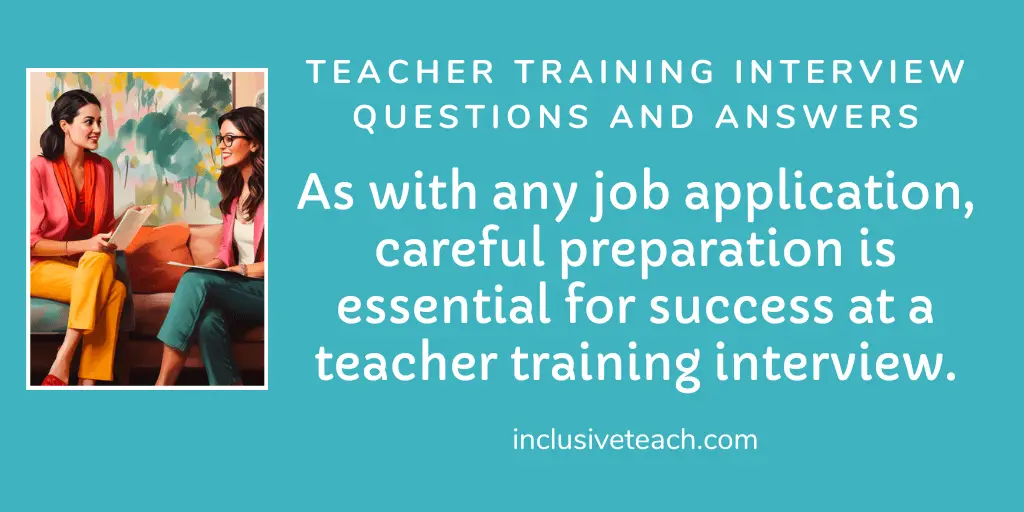
What to Expect at the Interview
Teacher training interviews all tend to follow a similar structure, these may be virtual or face-to-face interviews:
- Introduction: The panel will introduce themselves and explain the format of the interview. Use this time to get comfortable, if you want to close the curtains because of glare, move the cat etc just ask.
- Competency questions: You will be asked several questions about your skills and experiences related to teaching. Draw on solid examples from previous work, volunteering, or hobbies.
- Subject knowledge: Expect several questions probing your understanding of curriculum subjects and confidence levels. Identify strengths and areas for growth.
- Scenario questions: You may be given hypothetical situations and asked how you would respond. Answer clearly and calmly, referring to safeguarding protocols.
- Presentation: Likely a 5-10 minute presentation on a provided topic you will know beforehand. Stay calm, make eye contact, speak clearly, and finish in the allotted time.
- Your questions: Prepare 2-3 intelligent questions that show your interest in the program. Jot these down beforehand so you know what to ask, these can be clarifying questions i.e “On your website it states….” don’t ask things you should know.
- Conclusion: Smile! Thank the panel and reiterate your interest in the program. Awkward zoom wave optional
Sample Teacher Training Interview Questions and Answers
Here are some common teacher training interview questions along with strong sample responses. Please, please make these your own. Your answers will come across as more natural:
Why do you want to become a teacher?
I’ve always loved working with young people ever since I helped coach my sister’s football team as a teenager. I found it so rewarding to support their skill development and growth in confidence. My degree in Geography sparked a passion for education following a trip we did to the Yorkshire Dales where I saw a teacher talking to their class. I tutored GCSE students during my degree which made me realise how much I enjoy explaining concepts in creative ways to help others learn especially if they have SEN and I need to adapt my planning and teaching approach. Teaching is the perfect way for me to combine my love of the outdoors with my desire to make a positive impact on students’ lives.
What makes an effective teacher?
An effective teacher has excellent classroom management skills to create a positive learning environment. They must be able to engage all types of learners by varying teaching methods and providing adaptive teaching (or differentiated instruction either at this stage is fine). Building strong relationships with students based on mutual respect is key. Effective teachers reflect on their practice, collaborate with colleagues, and keep their subject knowledge current. Most importantly, they are passionate about student success and willing to go the extra mile for their pupils.
How would you support a student with special educational needs?
I would start by reviewing the student’s Education, Health and Care Plan (EHCP) and any previous Individual Education Plan (IEP) to understand their specific areas of need and tailor my teaching strategies accordingly. This may involve providing additional time, breaking tasks into smaller steps, or supplying tactile learning resources. I would consult with the SENCO to implement any recommended interventions and assistive technology. Building a positive relationship with the student would be crucial, so I can identify any emotional support needed. I would monitor their progress closely and adapt my planning as required. Communication with parents would be vital too.
How would you establish a good classroom environment in your first teaching job?
From day one, I would set clear expectations around behaviour and learning. I would get to know students personally by name, interests, etc. Making each pupil feel welcomed and valued is essential. My lessons would be well-planned to engage varied learning styles. I would use a range of strategies to encourage good behaviours for learning. If any issues arose, I would address them promptly and follow the school’s behaviour policy. Seeking input from my teaching training mentor would be helpful too. I would reflect on what works well and refine my approach continually. The aim would be a classroom environment where all students feel motivated and supported.
Please give a 5-minute presentation on effective Retrieval Practice
Thank you for the opportunity. The aim of this presentation is to provide a brief overview of Retrieval practice. I will start with effective questioning techniques to check student understanding and promote learning. I will cover closed and open-ended questions, wait time, distributing questions evenly, and stretching questions.
Closed questions require short or single-word answers, this is okay for facts but when you want to check for misconceptions you need to use…
- Do not read PowerPoint – In fact, if a virtual interview just don’t do one.
- Make Eye Contact
- Smile
- Ask them a question i.e. Can you remember a lesson from your school days?
Do you have any questions for us?
Yes, I’m interested to know more about the mentorship program. How are trainees matched to their mentors and what is the typical interaction like? I’d also love to hear about any peer support offered to trainees throughout the program. Would you provide me with information regarding the assistance available for pursuing career opportunities upon finishing the course, particularly in the context of applying for newly qualified teaching positions?
Some Potential Scenario-based Teacher Interview Questions
Here are some examples of common scenario-based questions that may be asked during a teacher training interview:
- A student becomes disruptive during your lesson and starts throwing items around the classroom. What would you do?
- You notice a student isolating themselves during break times and not interacting with peers. What steps would you take?
- A parent approaches you accusing you of “picking on” their child. How would you respond in this situation?
- You witness a colleague shouting at a student and using inappropriate language. What actions would you take?
- A student comes to you and confides that they are being bullied but begs you not to tell anyone. What would you do?
- You have a student who is constantly late to your class and missing important instruction time. How would you address this issue?
- A normally engaged student has become withdrawn and their grades are slipping. What would you do to support this student?
- You suspect one of your students may be experiencing abuse at home. How would you handle this?
- You discover students cheating on a test. What would your response be?
For these types of situational questions, there is often no right or wrong answer, the interviewers want to assess your judgement, ethics, priorities, and knowledge of safeguarding policies and procedures. Respond thoughtfully, highlighting the well-being and safety of the students as your top concern. Mention involving senior staff, following school protocols, and liaising with external agencies where appropriate.
Effectively responding to scenario-based questions during a teacher training interview
- Listen carefully and visualise the scenario. If needed, ask for clarification or additional details from the interviewer.
- Take a moment to think through your response before answering. Verbalise your thought process if helpful, the interview panel will not mind
- Keep student safety and well-being at the forefront. Align your response with relevant policies and procedures.
- Highlight that you would liaise with appropriate colleagues like your mentor teacher or the head of department. You don’t have to handle situations alone.
- When faced with an unhappy parent or student, emphasise that you would respond calmly and seek to de-escalate the situation.
- For sensitive child protection issues, state that you would document any evidence and escalate to the designated safeguarding lead immediately.
- If you’re unsure how to respond, admit this and explain how you would find the proper information or seek guidance from senior staff.
- For ongoing issues like lateness or bullying, describe how you’d have private conversations to understand the root causes and partner with the student and family.
- Suggest solutions that are realistic within the school environment versus theoretical ideal responses.
- After describing your response, reflect on any other actions you could take to follow up or prevent future conflict.
- Be positive, and solution-oriented, and highlight your commitment to continuous learning.
Conclusion
With thorough preparation, you can enter your teacher training interview feeling confident and ready to succeed. Keep these tips in mind:
- Know your motivations for teaching
- Review your subject knowledge strengths/weaknesses
- Prepare for competency, scenario, and presentation questions
- Practice answering questions aloud until responses flow naturally
- Ask intelligent questions that show your interest in the program
- Maintain professionalism throughout
If called for an interview, take it as a positive sign that the training provider sees your potential. Approach it as a friendly discussion focused on your suitability for a teaching career. With the right mindset and preparation, you can impress the panel and secure your place on the path to becoming an amazing teacher. Best of luck!
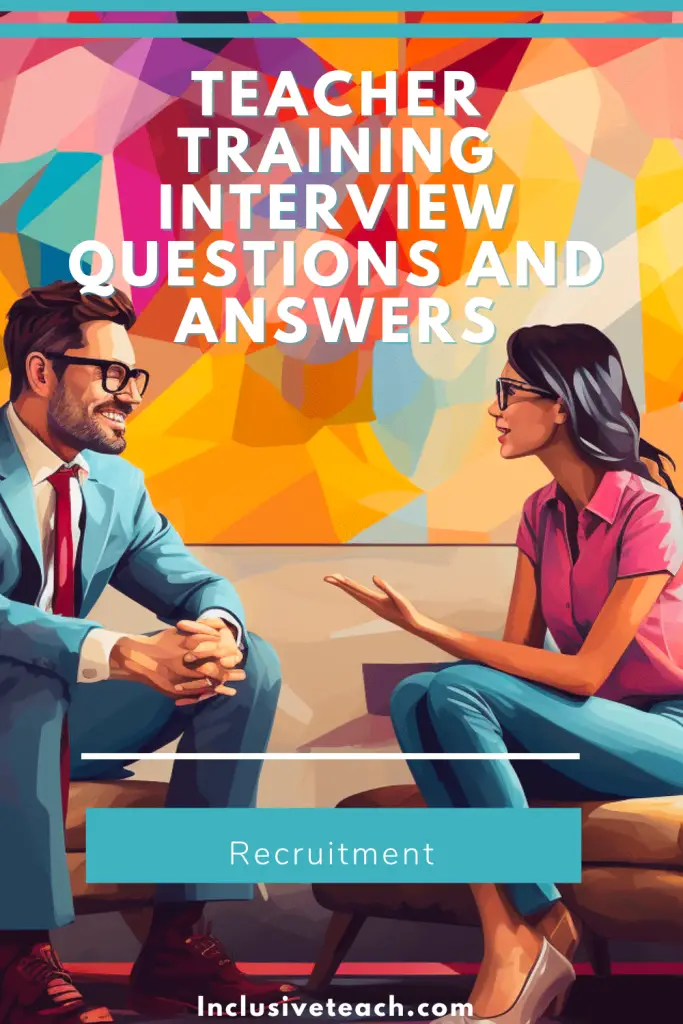

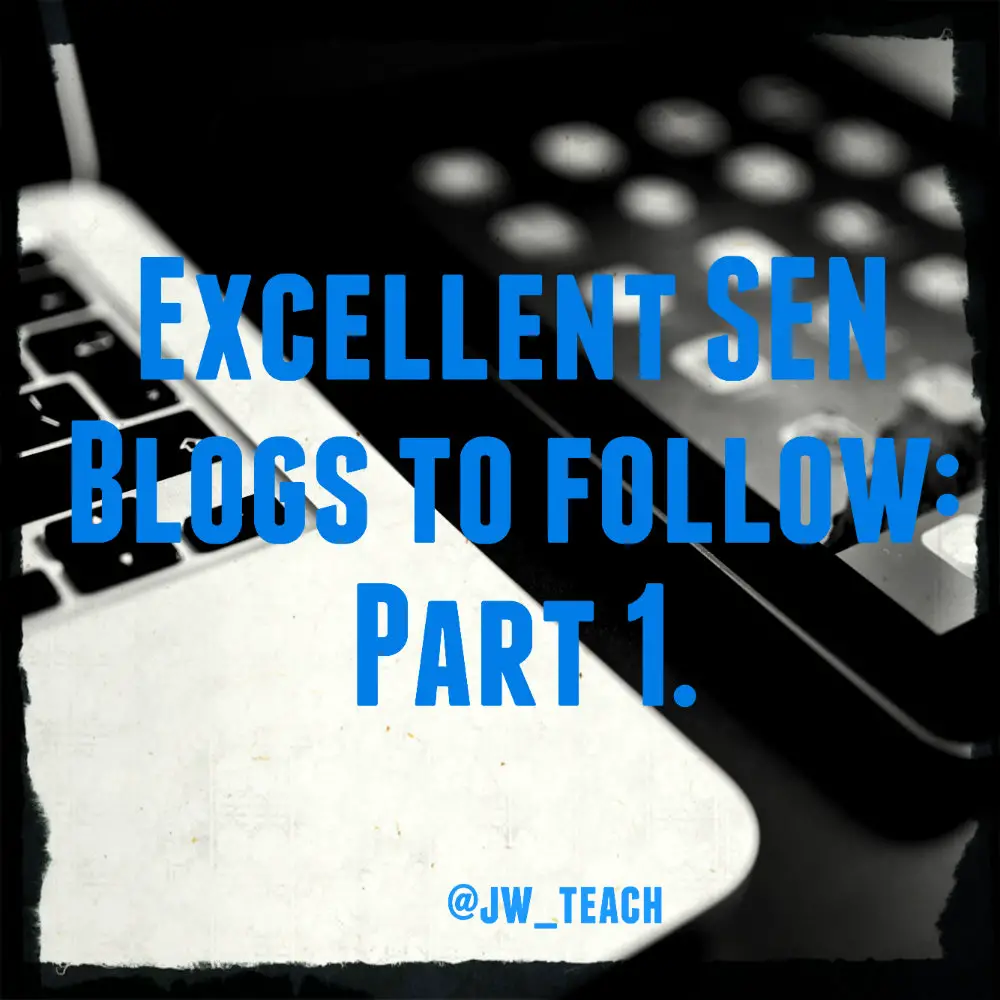
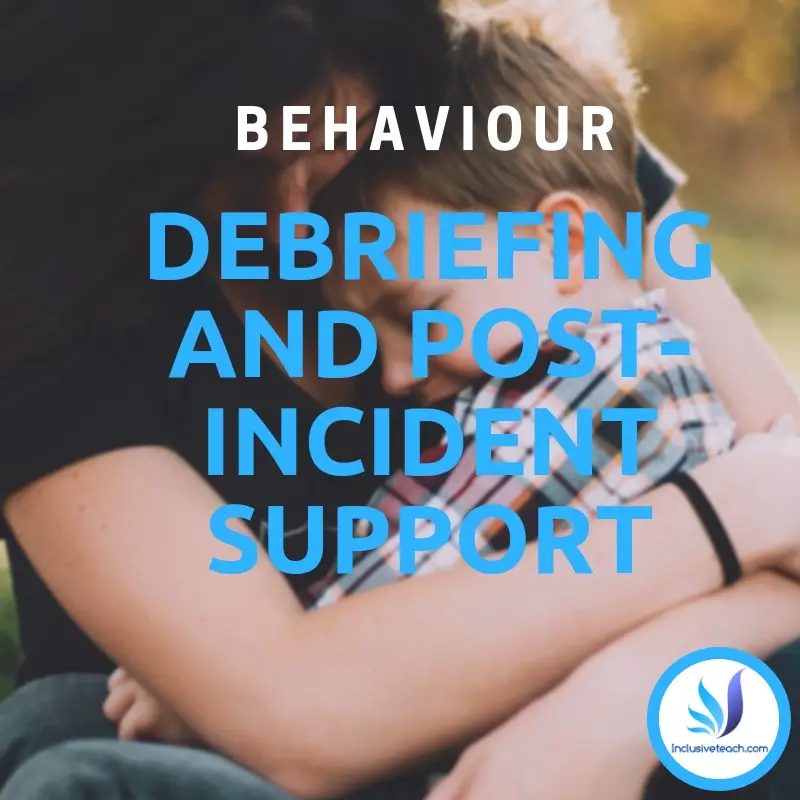
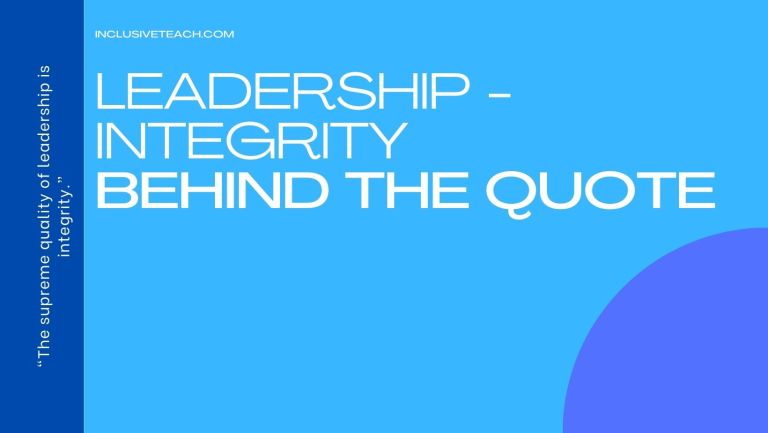
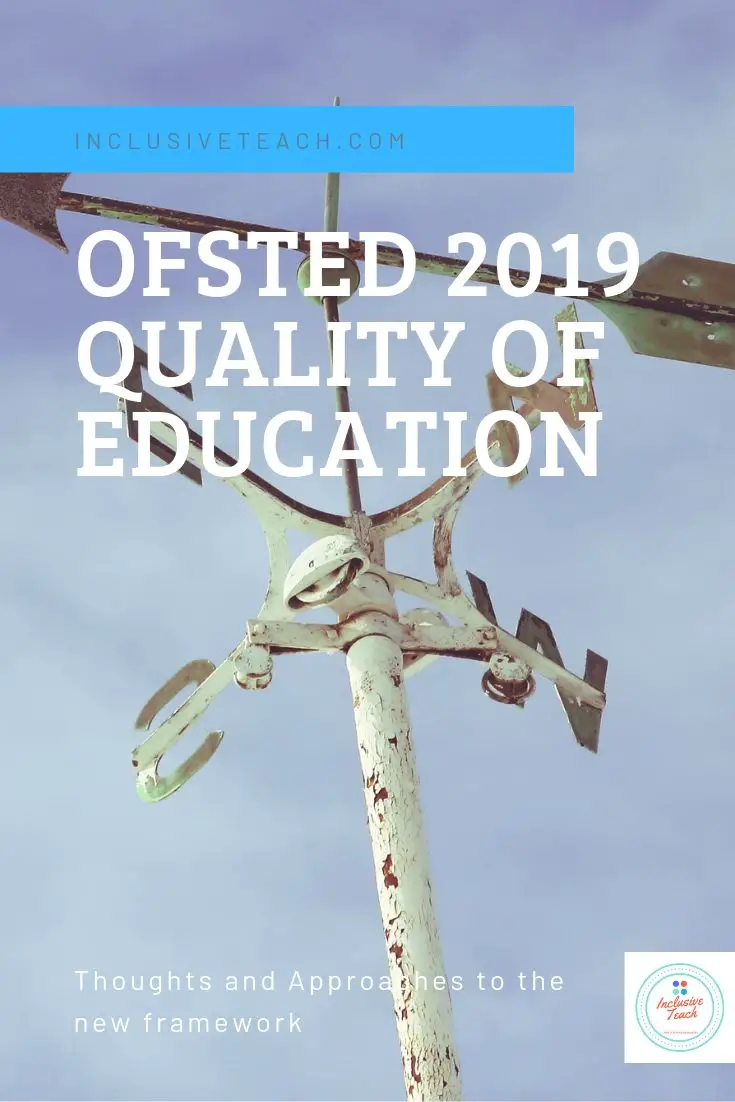
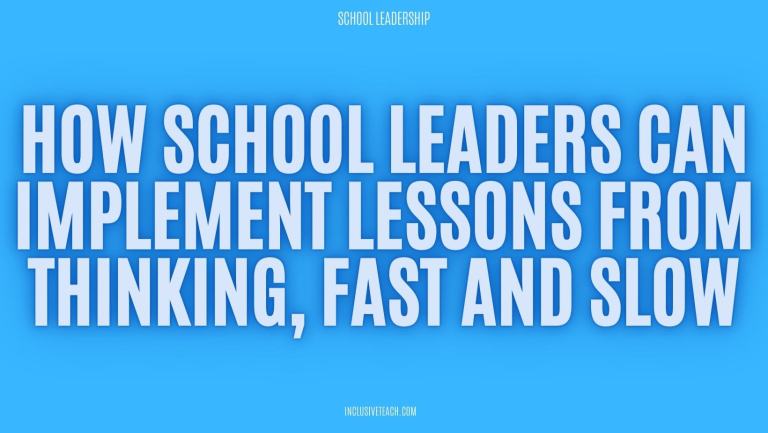
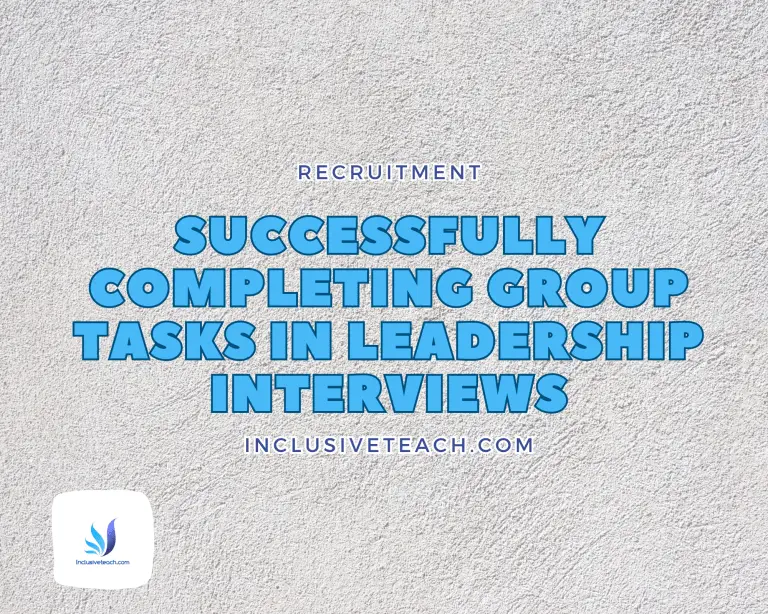
4 Comments